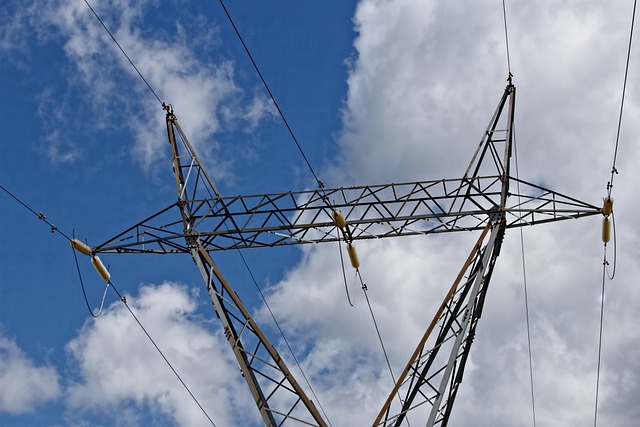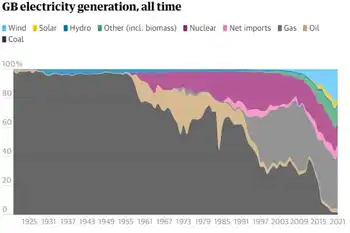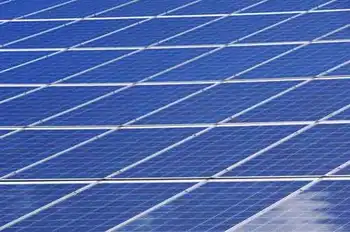Paiute Tribe allows transmission line
By Las Vegas Review Journal
NFPA 70b Training - Electrical Maintenance
Our customized live online or in‑person group training can be delivered to your staff at your location.

- Live Online
- 12 hours Instructor-led
- Group Training Available
Valley Electric Association, the cooperative that serves Pahrump, signed a memorandum of understanding with the tribe after speakers including Senate Majority Leader Harry Reid, D-Nev., praised the project.
Reid, D-Nev., said the $30 million line will improve electric reliability in Pahrump and give Las Vegas access to power from giant solar plants planned in the Amargosa Valley.
"We're going to help our local economy and help fellow Nevadans get back to work," Reid said during a meeting with 60 attendees at a Paiute meeting room in downtown Las Vegas.
Nevada needs new transmission lines so it can develop solar, wind and geothermal power in remote locations and ship the power to metropolitan areas, Reid said.
Nevada can develop renewable power first for its own citizens and then for export to other states, such as California, Reid said.
Valley Electric Chief Executive Thomas Husted and Lucie Campa, chairwoman of the Las Vegas Paiute Tribe, signed the agreement after Reid spoke.
The memorandum calls the co-op to make payments to the tribe and share revenues from power shippers using the transmission lines, but the co-op declined to provide a copy of the memorandum of understanding before the agreement is finalized.
"We plan on turning dirt in six weeks," Husted said.
The project will take 12 to 18 months to complete and is expected to provide jobs for 80 workers.
The agreement with the tribe is the final major hurdle for the 230-kilovolt transmission project first proposed in 1999, said Valley Electric General Counsel Curt Ledford.
Valley Electric separately is negotiating for connection to NV Energy's Northwest Substation on the south side of the Paiute reservation.
The co-op needs the Federal Energy Regulatory Commission's approval for that connection.
The project will provide Valley Electric's fourth transmission link to areas outside of the co-ops service territory. That will improve electric reliability in Pahrump and reduce the risk of blackouts.
The co-op has agreements with 12 companies, many of which are developing solar power projects in the Amargosa Valley, Ledford said. The projects range in size from 10 megawatts or million watts in capacity to 400 megawatts. Additional transmission lines are needed to accommodate all of those projects, Ledford said.
By selling transmission services, Valley Electric will minimize the cost to its members, Husted said. The association will finance the project through the National Rural Cooperative Financial Corp. and will need no immediate change in rates, he said.
NV Energy spokesman Rob Stillwell said, "Any transmission infrastructure is a positive development."
Conservation groups, who want to protect a 23,000-acre area with ice-age fossils and rare plants, favor the Valley Electric transmission project.
Jill DeStefano, founder of Protectors of Tule Springs, said she understood the six-mile segment that runs through the Indian reservation will bypass an area with fossils and rare plants where she and others want a national monument established.
"I think that's great," DeStefano said.
Lynn Davis, manager of the Nevada field office for the National Parks Conservation Association, said, "It really widely opens the door to another transmission route that would not cross a proposed national park with massive transmission lines."
The Valley Electric line will have towers reaching heights of 70 to 110 feet.
The project will run from Pahrump northward and circle south of Indian Springs.
It will follow a segment of U.S. Highway 95 north of the Paiute Indian Reservation. The line then will jog south and east along the reservation border before terminating at the Northwest Substation.











